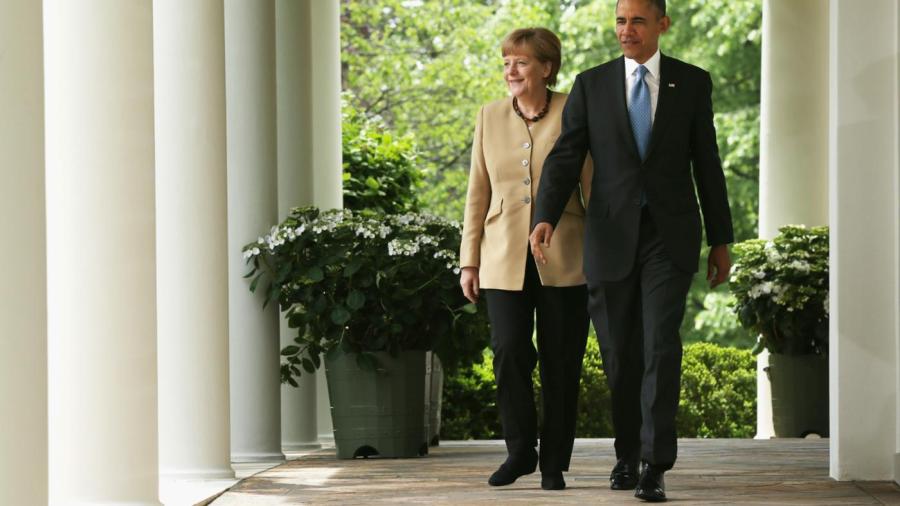What Are Some Diplomatic Powers of the President?

The diplomatic powers of the president of the United States include the right to make treaties and executive agreements with other nations and the right of reception, which is the right to recognize or not recognize the legitimacy of governments in other countries. The president also has the ability to use military forces in foreign combat as commander-in-chief.
The president has the right to make treaties with other countries but must get two-thirds approval from the Senate in order for the treaty to go into effect. However, the president can make executive agreements with other countries that do not require approval from the senate. Executive agreements only stay in effect as long as the president who enacted them is in office, unless the successor wishes to keep them.
The president determines which governments the United States has diplomatic relations with and also appoints ambassadors to those countries through executive appointment. As the commander-in-chief, the president has the right to place U.S. military forces into foreign combat without a declaration of war. However, only Congress can declare war on another country. The president also has the right to use the military for domestic purposes, such as to maintain order and for emergency assistance.





